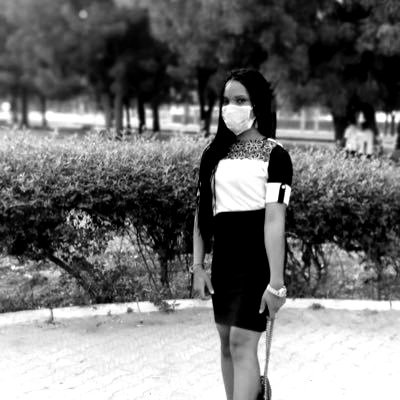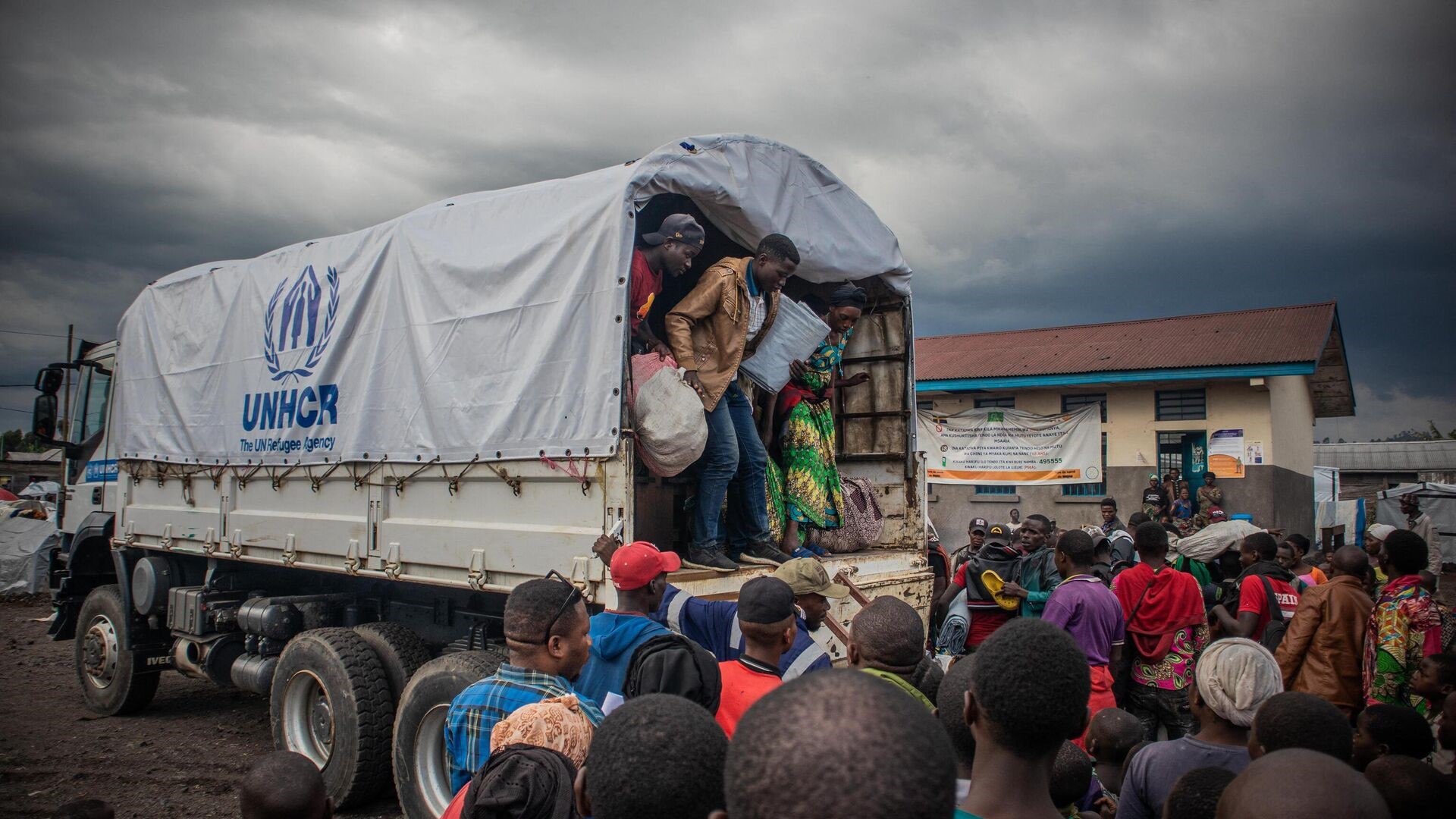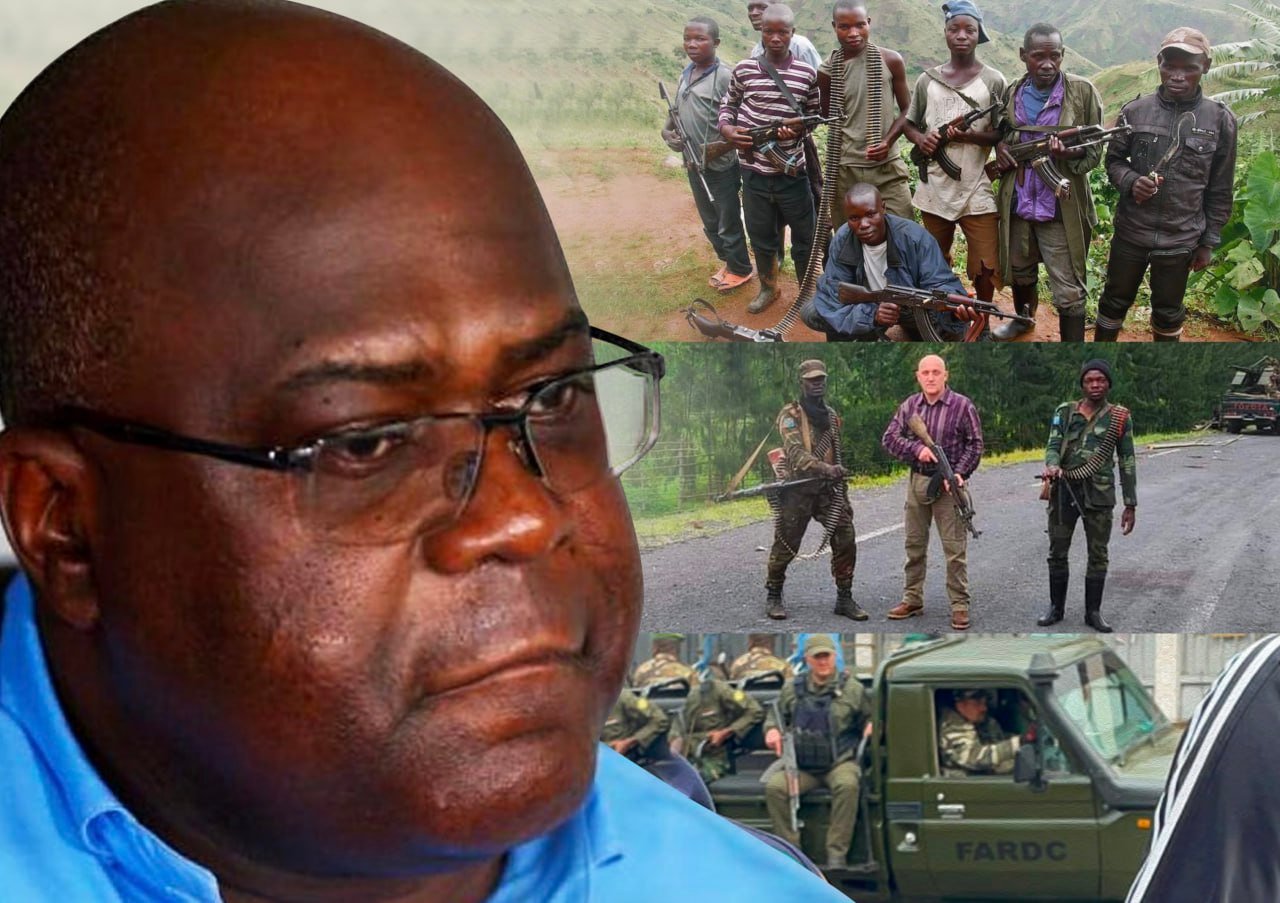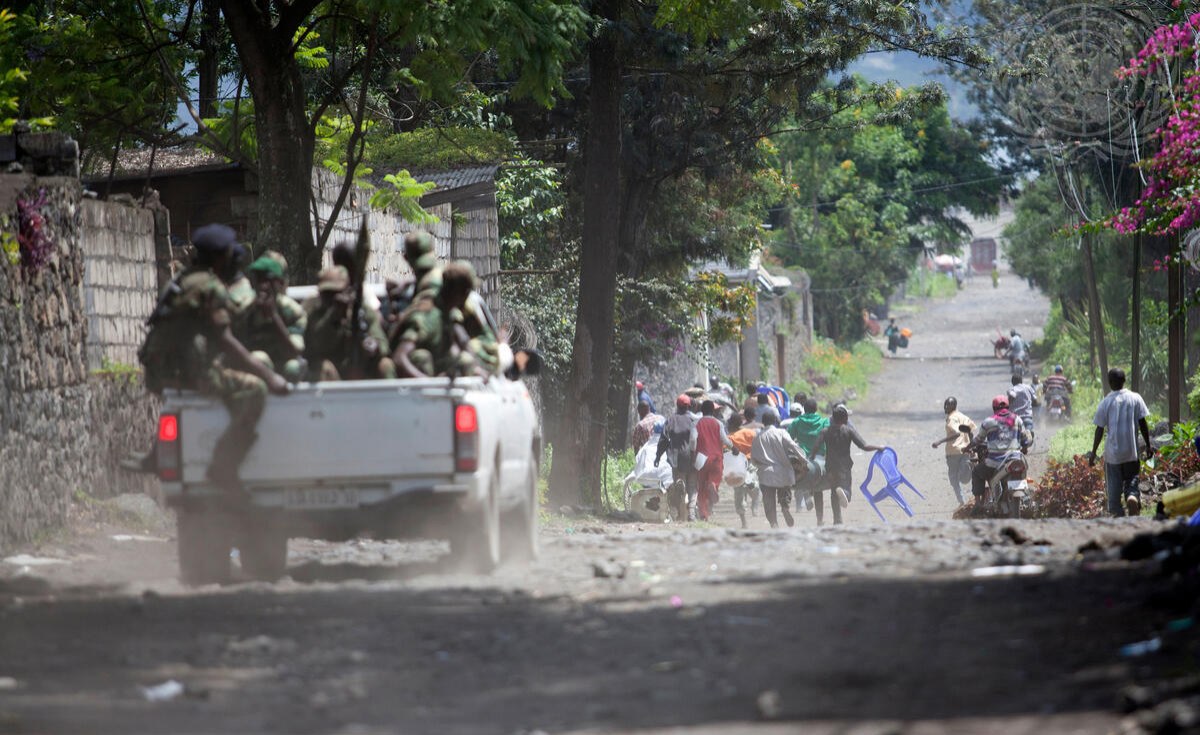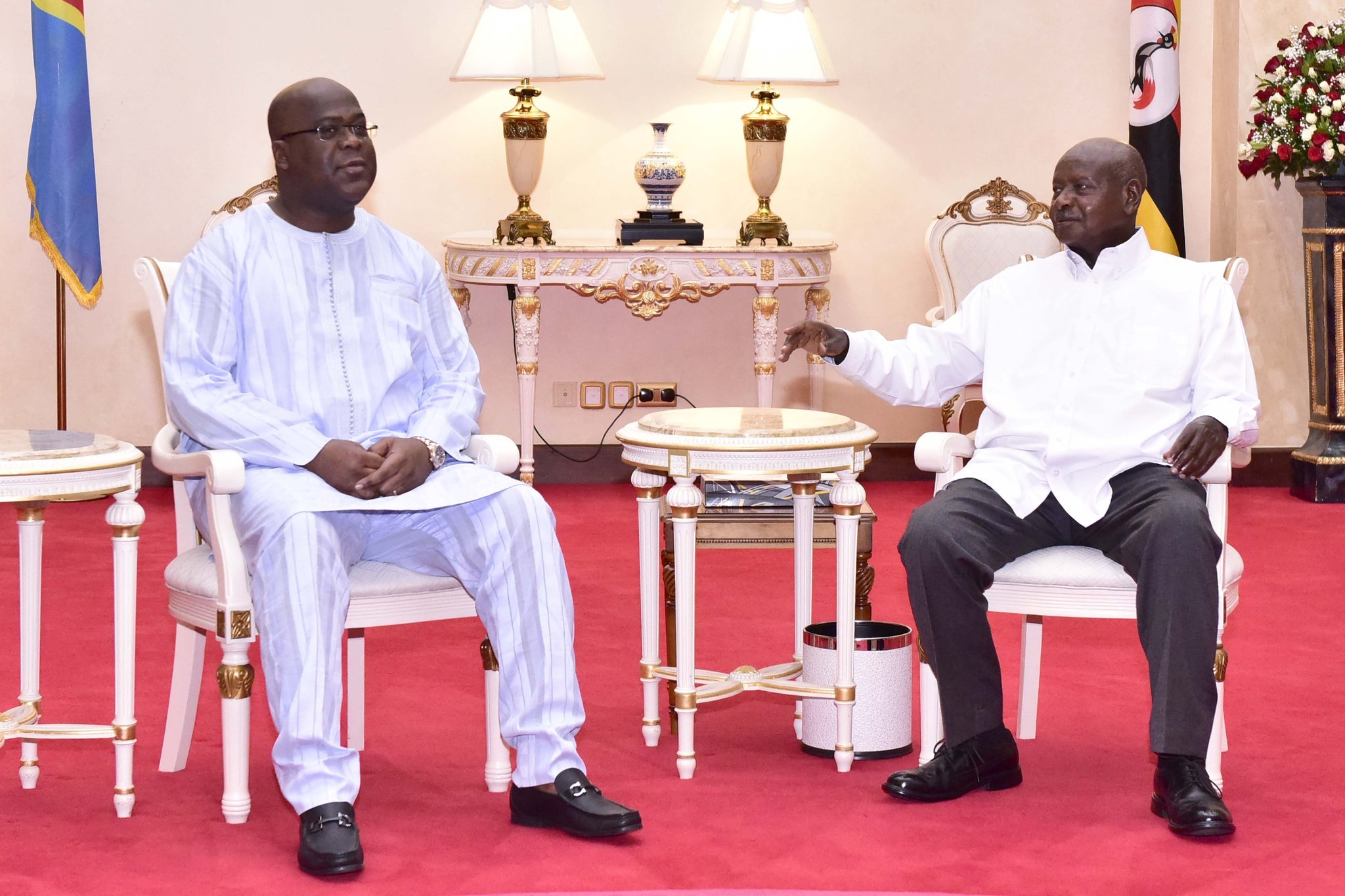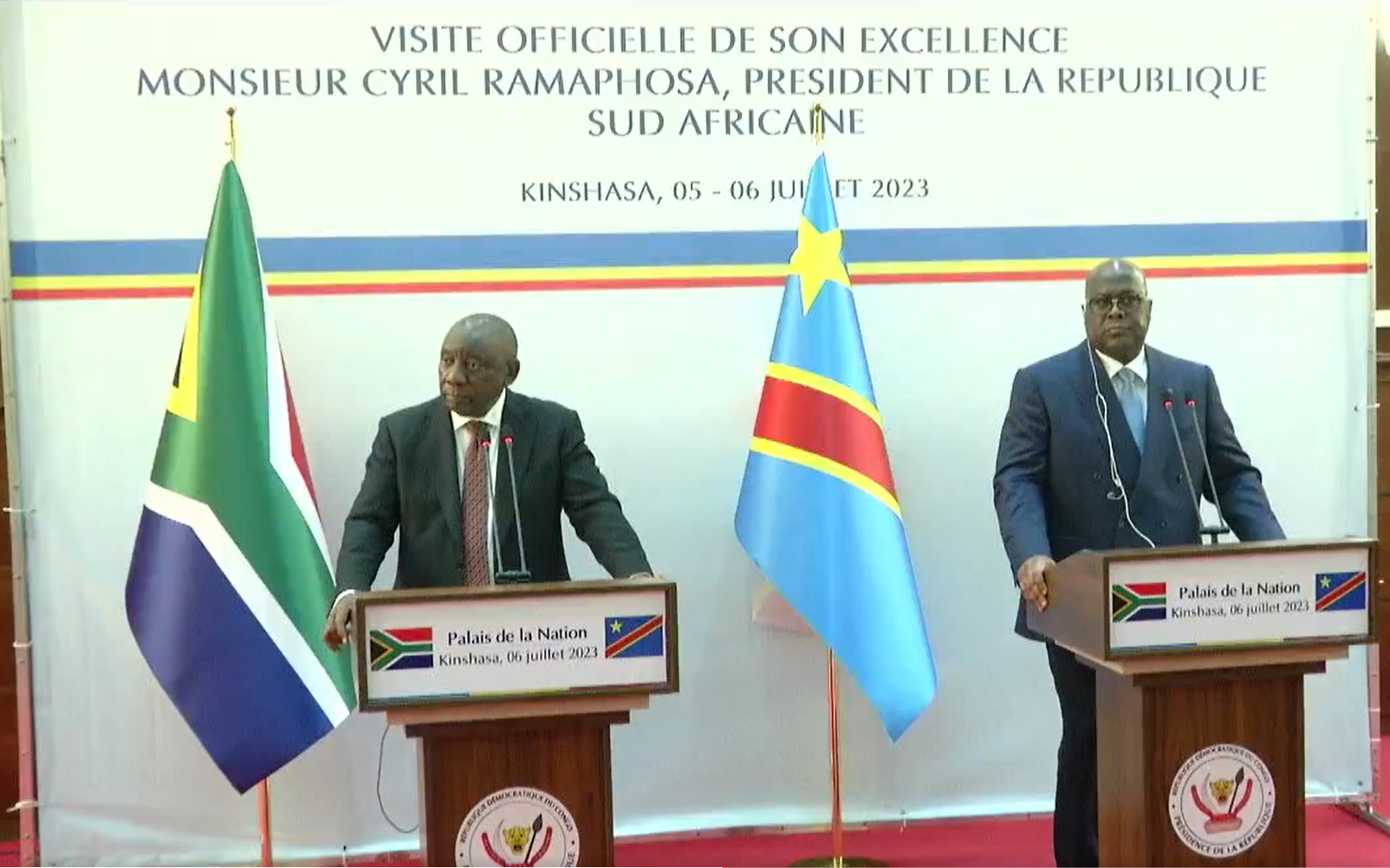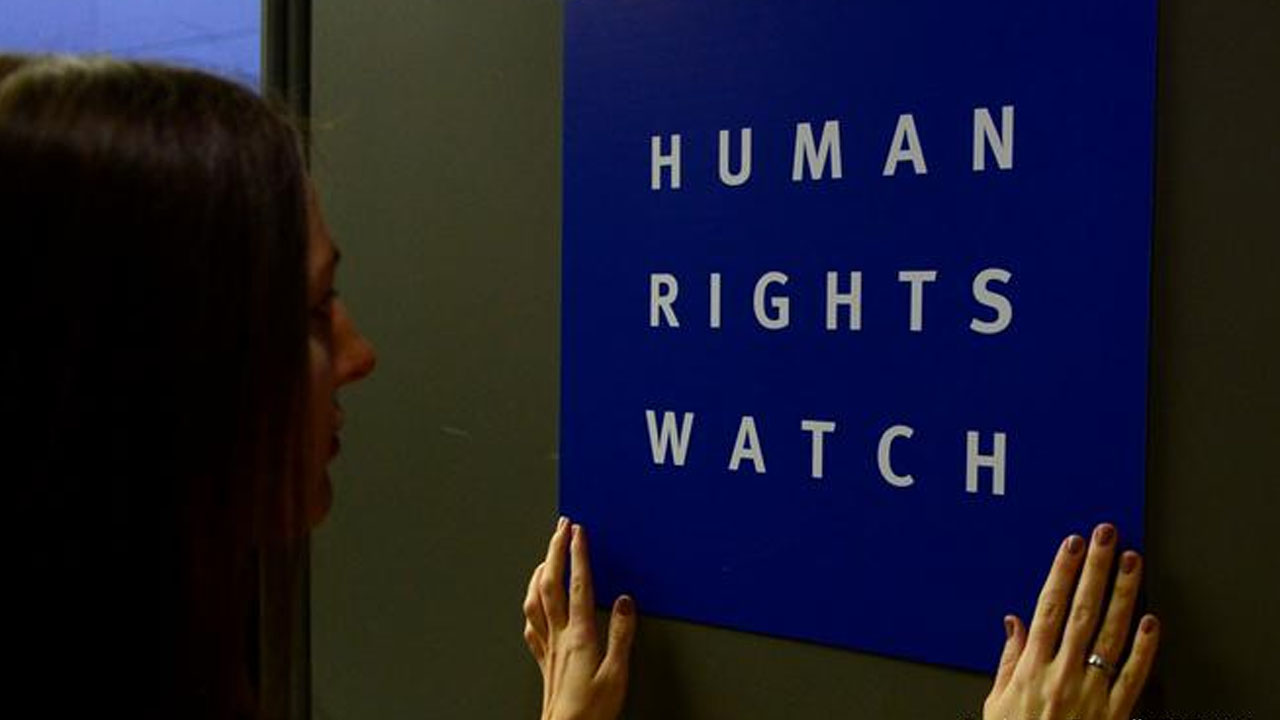Regional
How fighting M23 became a lucrative venture for armed groups in DRC
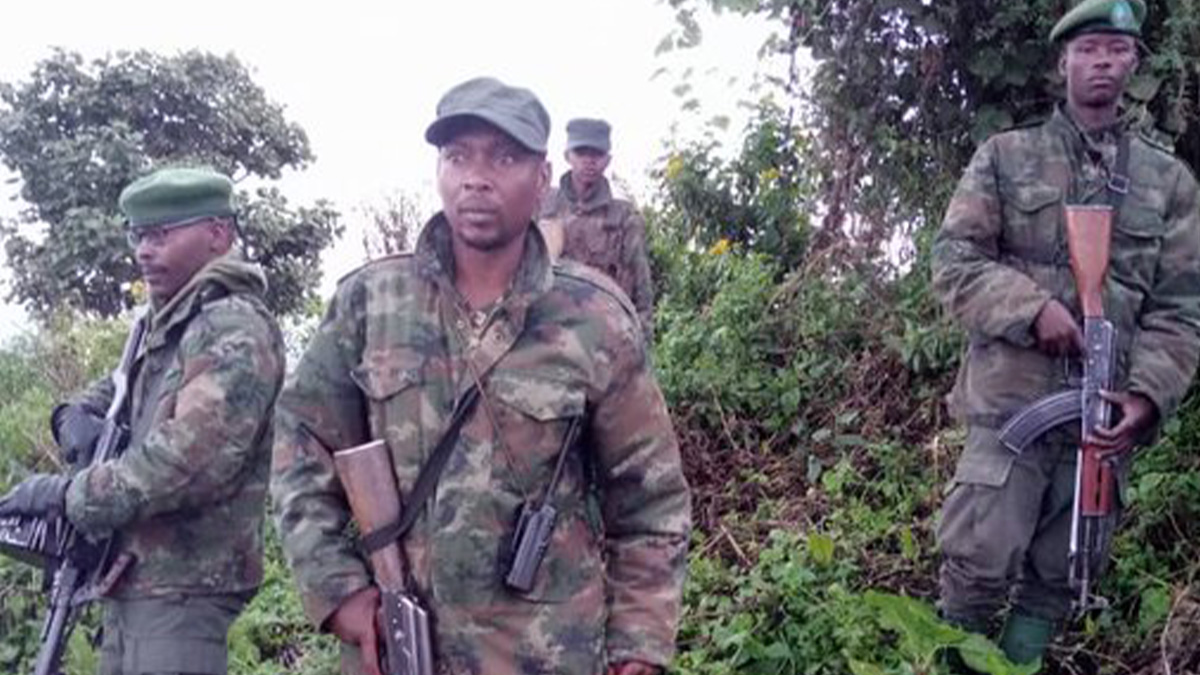
Major Willy Ngoma (in the middle) is the spokesperson of M23 rebel group.
Armed
militia groups operating in eastern DRC will do anything for money and, knowing
that, Kinshasa is paying any willing militia group to do its dirty work; fighting
the M23 rebels.
The
only way to defeat the rebels is by paying hefty amounts to anyone willing to
risk their lives to fight the rebels.
According
to a source that preferred anonymity, in early November, under the instructions
of Congolese President Felix Tshisekedi, the military governor of North Kivu,
Maj Gen Peter Cirimwami, convened commanders of armed groups operating in eastern
DRC, in Goma, for an operational meeting.
The
military commanders of the Rwandan genocidal militia, FDLR and RUD Urunana, as
well as commanders of APCLS, Wazalendo, Mai Mai, among others, were all in
attendance. On top of the agenda of the meeting was the organization of joint
operations against the M23 rebels.
The
source revealed that Gen Cirimwami offered $1,500, each, to all the militia
groups commanders for each operation they would lead against the M23 rebels.
Additionally, a sum of $125 will be given to all their fighters, as bonus
payment for killing any rebel.
Additionally,
Gen Cirimwami said that on top of the money, the DRC government established what
he called ‘Armed Groups’ Supply Centers’. Arms, ammunitions, and foodstuffs
will be collected from these centers. The centers were established in Mushaki,
Kitchanga, Mweso, Kibilizi, Rwindi and Kibati. All these incentives are
expected to boost morale of the militias, and motivate more armed groups in joining
the fight against the M23.
The
armed groups’ commanders were also ‘assured’ that they will be backed up by
European mercenaries, Burundian soldiers and FARDC special forces.
Since
October 1, Congolese soldiers, local militia and Wazalendo, started fighting
the M23 rebels, in violation of a ceasefire established by the EAC-led Nairobi peace
process and Luanda peace initiatives.
In
addition to the fighting, houses of Congolese Tutsi communities were set on
fire by the government coalition, which also killed unarmed civilians and
looted their property.
As
the situation worsened, the M23 rebels took up arms again to defend the
Congolese Tutsi community which was being persecuted, and to defend themselves
against the attacks coordinated by their own government.
The
renewed fighting reportedly resulted into heavy losses for the Congolese army
and its coalition allies.
Related: DRC:
Tshisekedi using armed groups to revive M23 war
Kinshasa
is desperate and ready to invest any amount of money into these armed but
grossly abusive militias as long as they can promise to defeat the M23 rebels.
Regional
political commentators argue that this is a careless move from the DRC
government. First, Congolese people are living in dire poverty, and this could
see more civilians dying in this war funded by their own government, for the
sake of money.
The
money will motivate more people to join militia groups, as fighting and killing
Tutsi Congolese will be considered as ‘decent wage’ opportunity.
Second,
this reinforces Kinshasa’s refusal for a political solution in solving the M23 rebels’
situation.
Related: Why
the M23 rebels are fighting
Since
their resurgence in November 2021, the M23 rebel group has asked their
government to solve their grievances; protecting Congolese Tutsi from being
persecuted and killed, integrating rebel fighters into the national army, and allowing
all Congolese refugees living in exile to return home.
Kinshasa
has failed to dialogue with the rebels, and is instead investing more money in fighting
them, which in return sows more chaos, death and an influx of refugees to
neighboring countries, effectively making the security crisis worse.
Regional leaders advised Tshisekedi to resort to a political solutions, rather than the military option, to no avail.


